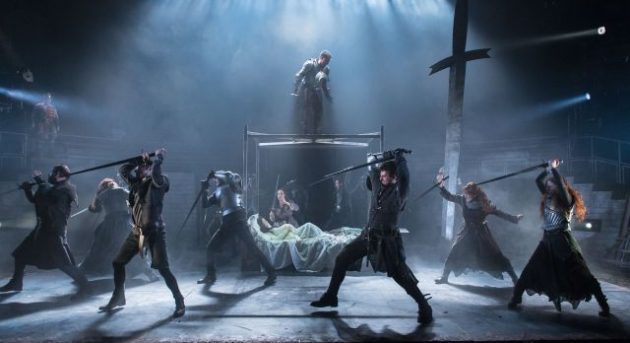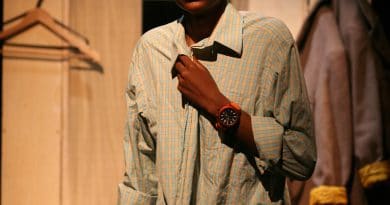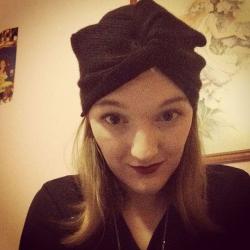The James Plays Trilogy – Adelaide Festival
It’s a big ask to see three plays – eleven hours of theatre – in one day. If the shows you were seeing weren’t completely top-notch, highly entertaining or easy to consume (even when the messages are complex), it would be nigh impossible to remain attentive. Luckily, The James Plays tick all these boxes and more. You may leave the trilogy exhausted, but you won’t leave disappointed.
The James Plays follow King James I, II, and III, three Scottish rulers who, despite sharing a name and a bloodline, have completely different approaches to the crown. With a delicate mix of contemporary humour and language built into the period subject matter, a symbolic set (the 7-meter sword piercing the stage was a stunning addition by set and costume designer Jon Bausor) and costumes from all over time and space, the characters feel simultaneously historic and relatable. The fact that they talk like us, complete with modern slang and swearing, and joke like us took everything a little closer to home and also made it much easier to follow; 11 hours of Old English would have been a strain to say the least.
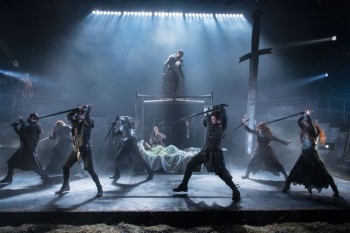
In James I: The Key Will Keep The Lock, poet and romantic James I is finally released after 18 years as a prisoner of England in 1424, only to find himself faced with disloyal noblemen, an unhappy wife and some soul-crushing choices to make.
Steven Miller plays the conflicted, thoughtful and occasionally-awkward king with an intelligent sensitivity, keeping the audience sympathetic even when James makes some fairly barbaric choices. Blythe Duff, of ‘Taggart’ fame, was a crowd favourite as Isabella Stewart, one of the few characters to appear in both the first and second plays. Stewart is not always a likeable character, but Duff portrays her with such passion for her family and for power that the audience has no choice but to love her interpretation.
James II: Day of the Innocents introduces the audience to James II, , who, after becoming king at the tender age of six, becomes a puppet for power-seekers who use him in ways he had never imagined. Abandoned by his family and haunted by his past, James II fights for independence and respect, resorting to dark deeds in order to win them. This play was the darkest of the three and also the most fragmented; writer Rona Munro takes the audience into the troubled James II’s nightmares with startling realism.
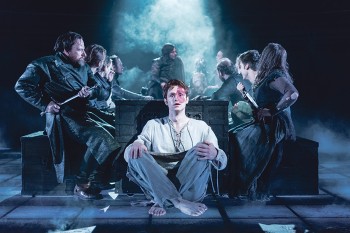
James III: The True Mirror is by far the most light-hearted and funny of the trilogy, although its darkest moments are dark indeed. James III contrasts starkly with his late father – he is entirely self-possessed, charismatic, and driven to achieve his goals, even if his goals tend to have less to do with political stability and more to do with hiring a personal choir to follow him around. Distracted by art, music and lovers, James III has little time to devote to the throne, and instead relies on his wife, the intelligent and passionate Queen Margaret, to handle the politics. As he bleeds the economy dry and alienates his court, however, James creates discord even Margaret may not be able to settle.
This third play was, stylistically, the most unique; whereas the first two plays featured period costume and traditional Celtic-style ballads, James III: The True Mirror featured chic fashion and covers of Top 40 hits such as Pharrell Williams’ ‘Happy’ and even an offering from Lady Gaga. Although the play suffered from a few audio issues (by this point the sound team were probably as tired as the woman napping in the interval in row G), this change in atmosphere did a great job at keeping the show fresh and exciting, and the audience could even be caught singing along.
If you’ve ever wondered what it would be like to spend your entire day at the theatre, this is the way to find out. The James Plays are dramatic enough, melodic enough, funny enough and visual enough to keep you enthralled all day and night, and whether you are a history buff or just a fan of ‘Game of Thrones’, you won’t see the twists and turns coming. Seeing one James play would be fun, but seeing all three is a lesson in history, patriotism and pure, unpretentious theatre.

